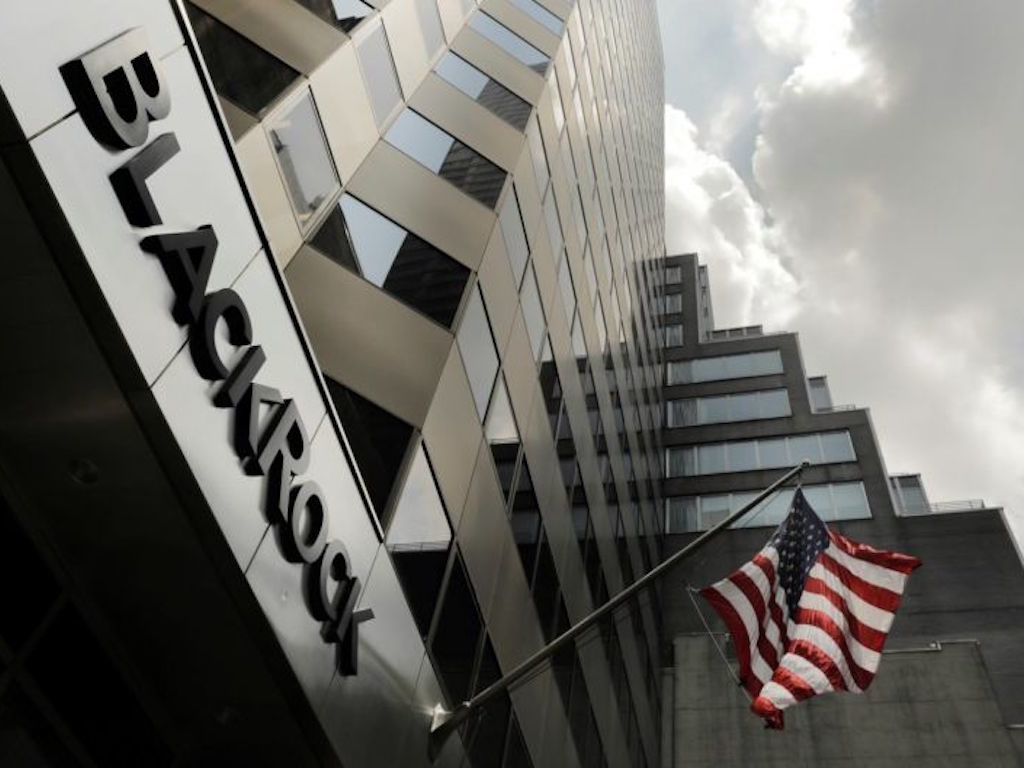3 Mins Read
In their annual Sustainability Report, Swiss multinational investment firm UBS reveals that it has increased its sustainable investments to US$488 billion by the end of 2019 and reduced its carbon-related assets by over 40% compared to the previous year. It follows other similar moves by several other financial institutions in recent years, a reflection that the financial world can no longer ignore the multitude of threats and risks posed by the climate crisis.
Last week, UBS published its Sustainability Report 2019, which showed that its core sustainability investments have grown to US$488 billion by the end of 2019, which represents 13.5% of invested assets, and reduced its carbon-related assets to US$1.9 billion, which represents a 40% decrease from the year before. According to the report, the bank has already directed US$3.9 billion of client assets into impact investments that are related to the Sustainable Development Goals (SDGs) outlined by the United Nations.

Read: 5 ways the climate emergency is affecting investment
The bank announced several new sustainability pledges in the report. These include ending financing of any new offshore oil projects in the Arctic, greenfield thermal coal mines and oil sands projects. The updated standards will also commit the bank to reducing greenhouse gas emissions by 75% in 2020 from 2004 levels.
Commenting on these achievements, UBS chairman Axel A. Weber said: “We have a responsibility to take a leading role in shaping a positive future for everyone, including future generations…helping to achieve an orderly transition to a low-carbon economy.”
UBS’ demonstrable achievements and renewed dedication to sustainability comes as a number of banks have made similar announcements. In December last year, Goldman Sachs ruled out any future financing for oil drilling or exploration activities in the Arctic, citing the scientific consensus on climate crisis. After being criticised for greenwashing, the world’s largest asset manager BlackRock signed up to Climate Action 100+, a pact to pressure companies under its portfolio to reduce greenhouse gas emissions.

Read: Leaked JP Morgan report warns of catastrophic climate crisis threat
Prompted by increased environmental awareness, financial regulators are also beginning to take action. A new report by international audit and advisory firm Mazars and independent think tank OMFIF revealed that central banks are now preparing to make radical regulatory changes such as introducing climate stress tests, setting sustainability criteria and mandating climate-related financial disclosures.
While climate consciousness has played a role in prompting a number of banks and financial firms to take heed, it has also been driven by the fact that institutions that do not adhere to climate adaptation calls are now experiencing significant downturn. According to the Times, dirty energy companies grew at a slower rate of 2% in the past decade, compared to a tripling in returns in the broader market during the same period. Analysts at BNP Paribas estimate that this trend will continue to bring about the demise of big oil in a few years time.
Lead image courtesy of Getty Images.




